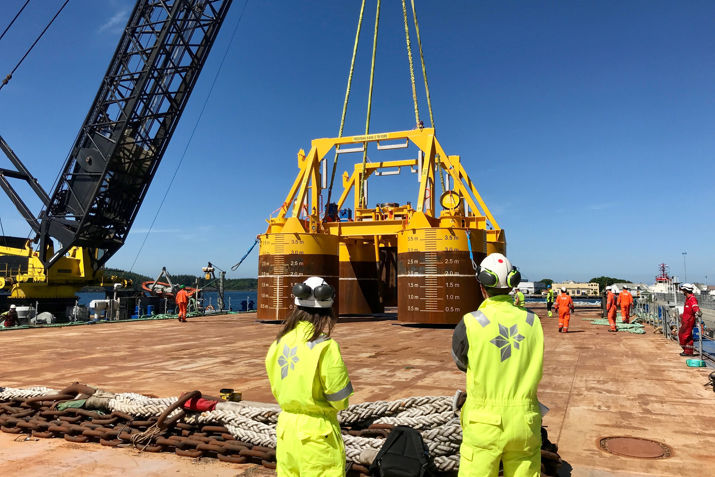The Norwegian oil and gas industry must halve its own emissions in 2030 and further down towards zero in 2050. Electrification with power from land is the most important measure to achieve the industry's ambitious climate goals. Commissioned by Offshore Norge, Thema Consulting has prepared a report that assesses the global climate effect of electrifying the oil and gas sector.
The main conclusions from the report are:
- Emissions in Europe are reduced by around 80 percent of the emissions cut that we get from electrifying oil and gas installations in Norway because, among other things, it increases the probability of deleting quotas and a further tightening of the quota ceiling.
- Globally, emissions are further reduced because the gas released by electrification is exported and leads to reduced LNG production. LNG has higher emissions in the production and transport chain than piped gas.
- Electrifying the oil and gas sector reduces emissions in Norway and is crucial for reaching Norwegian climate targets.
- The electrification projects that have been carried out are profitable and the power is used as efficiently as when projects are electrified in land-based industry and the transport sector.
- If profitable electrification projects are not carried out, it will be more difficult and more expensive to reach the climate targets.
― Doubts have been raised by some about whether electrification of the oil and gas sector has a climate effect beyond Norway's borders. We are therefore pleased that Thema Consulting, which is recognized for its analysis of energy and climate, clearly shows that electrification in Norway results in global emission cuts, says Benedicte Solaas, director of climate and environment at Offshore Norge.


